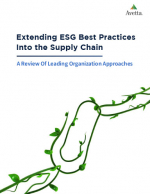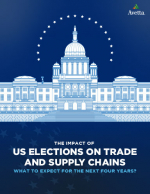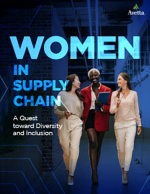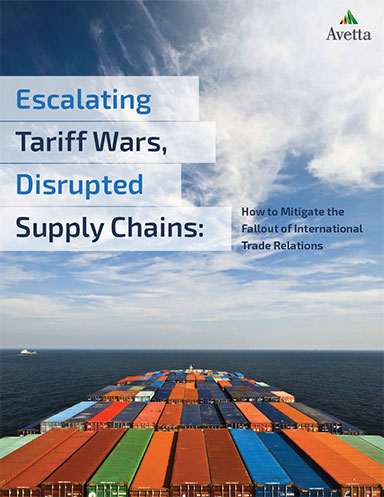How to Mitigate the Fallout of International Trade Relations
This paper describes how the tariff wars can be credited for having achieved one thing: making strategic and seamless supply chain management a priority in the boardroom once again.
Escalating Tariff Wars and Disrupted Supply Chains
While globalization has always had its share of criticism, over time, staunch detractors of this trading model gradually reached the zenith of power - notably the U.S. President Donald Trump.
His rigid protectionism strategies based on the argument that “unfair trade policies” have harmed American workers stoked fear of yet another trade war.
The stage has been set for escalating trade tensions since January 2018, when Trump declared new tariffs on washing machines and solar panels on the grounds of national security.
After that, a string of tariffs has constantly made headlines - 25% levied on steel imports and 10% on aluminum imports from Canada, EU, and Mexico in June, followed by a 10% levy on $200 billion worth of Chinese goods in September.
China levied a set of counter tariffs in retaliation, prompting the U.S. administration to publish a list of 6,301 imported items worth $200 billion which will now face a 10% tariff. In August, the U.S. president upped the ante again by declaring that the U.S will withdraw from the World Trade Organization if it doesn’t “shape up”.
From global manufacturers like Harley to regional tech startups, companies are visibly scrambling to revamp supply chains that were built for a time when stable, open-ended traded policies were the norm. Should this tit-for-tat continue over the next few years, it is certain that organizations will have to prepare for new and less visible models of protectionism that can be equally disruptive for supply chain operations.
Crafting a lean and agile supply chain can be the answer for organizations that want to adapt to this new protectionist world, However, this is easier said than done.
What’s Related




Favorites





